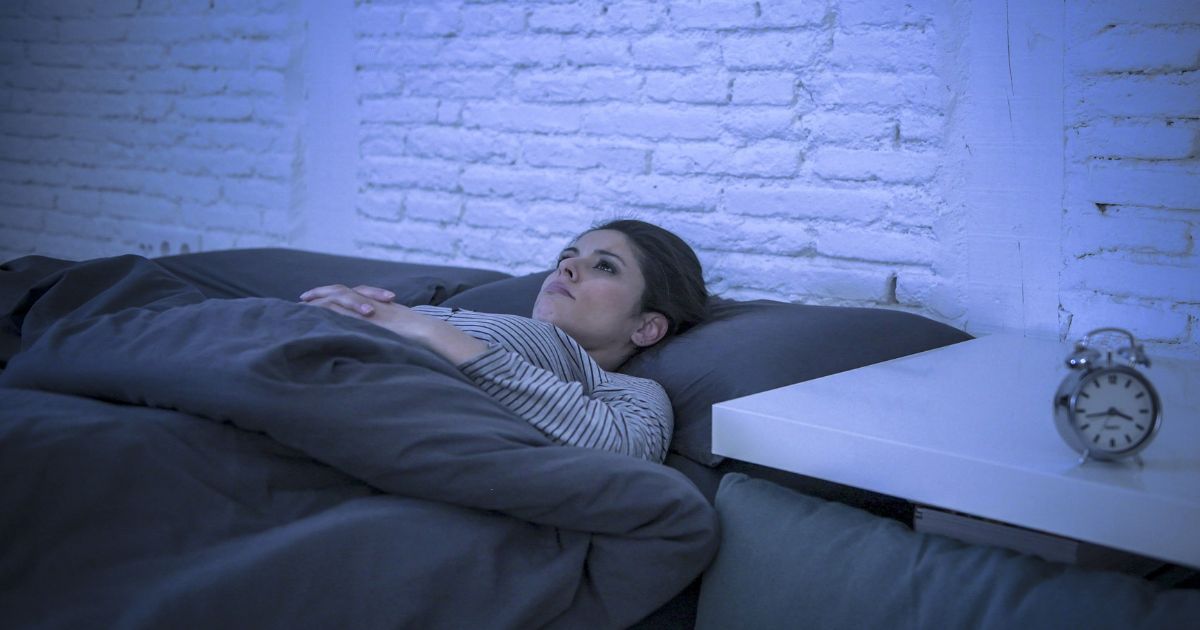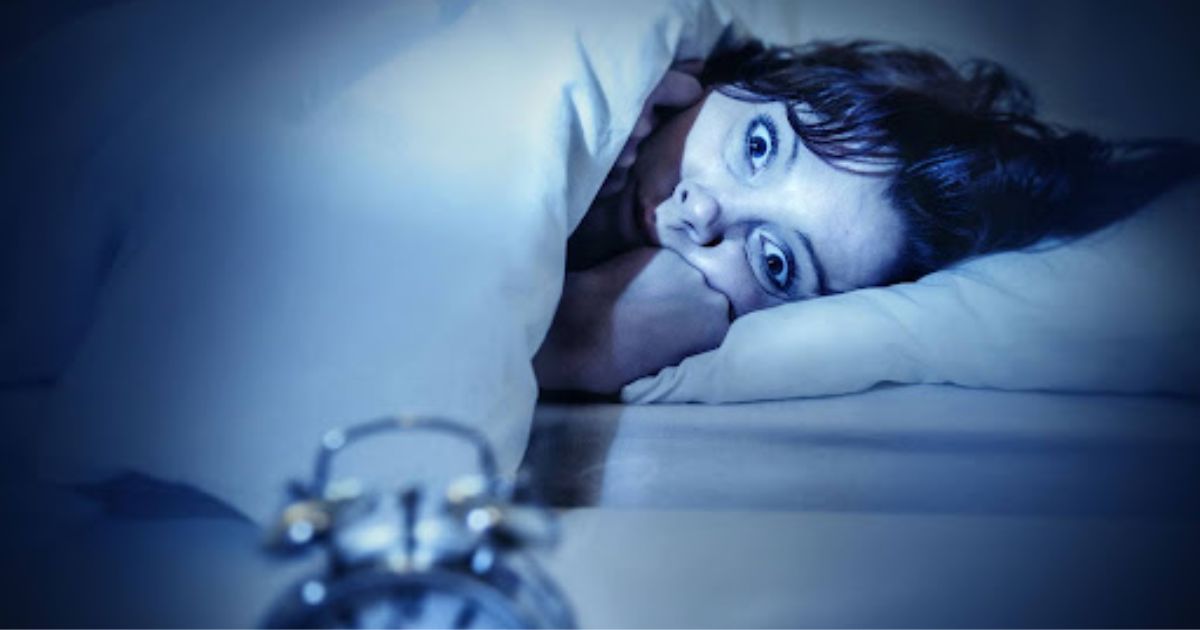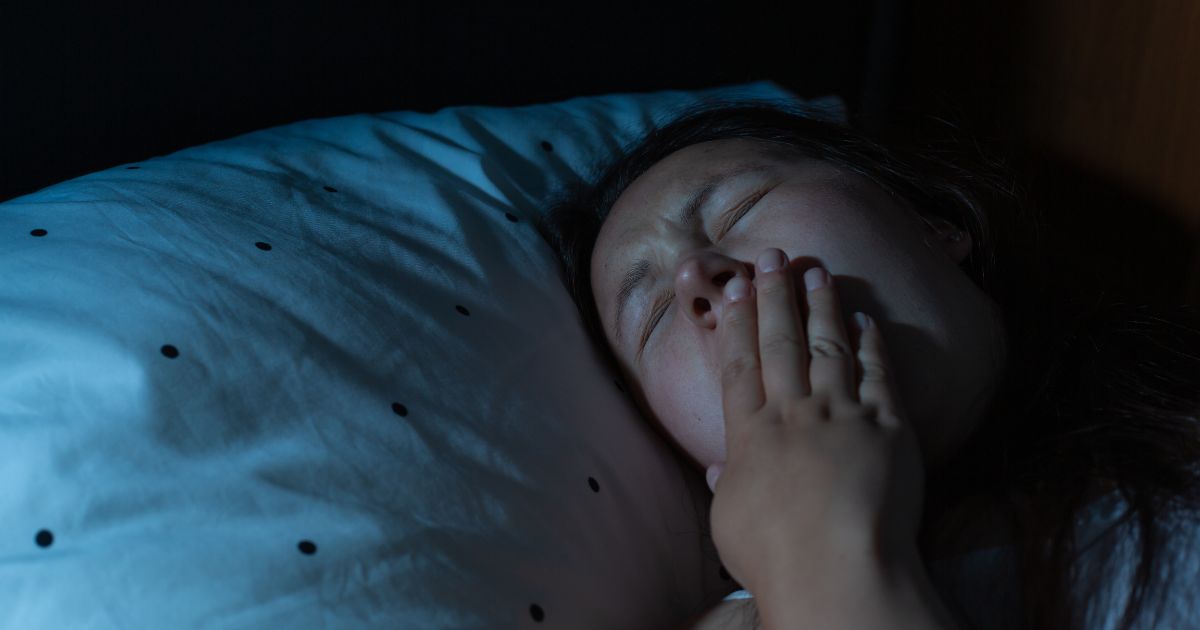Sleep is a fundamental pillar of health, essential for maintaining cognitive function, emotional well-being, and physical health. Yet, millions of people struggle to achieve adequate rest due to various sleep disorders. These disorders can disrupt daily life, leading to mood disturbances, impaired cognitive function, and a host of other health issues. In this blog, we will explore the most common sleep disorders, their symptoms, and potential treatments. By understanding these disorders, you can seek appropriate medical advice and improve your sleep quality. Join us as we delve into the complexities of these conditions and discover pathways to better sleep and enhanced health.
Insomnia
Insomnia is one of the most common sleep disorders, characterized by difficulty falling asleep, staying asleep, or waking up too early and not being able to go back to sleep. This disorder can be acute (short-term) or chronic (long-term).
Symptoms of Insomnia
- Difficulty falling asleep at night: Many people with insomnia lie awake for hours trying to fall asleep.
- Waking up frequently during the night: Interrupted sleep can prevent you from reaching the deeper stages of sleep.
- Waking up too early: People with insomnia often wake up too early and can’t fall back asleep.
- Daytime fatigue or sleepiness: Lack of proper sleep can make you feel tired and sluggish during the day.
- Irritability, depression, or anxiety: Poor sleep can affect your mood and mental health.
- Difficulty focusing and remembering things: Insufficient sleep can impair cognitive functions and memory.

Causes of Insomnia
Insomnia can be caused by various factors including stress, anxiety, depression, poor sleep habits, and certain medications. Lifestyle factors such as irregular sleep schedules and consuming caffeine or alcohol late in the day can also contribute to insomnia.
Sleep Apnea
Sleep apnea is a serious sleep disorder where breathing repeatedly stops and starts during sleep. The two main types are obstructive sleep apnea (OSA), which is more common, and central sleep apnea.
Symptoms of Sleep Apnea
- Loud snoring: This is a common symptom of obstructive sleep apnea.
- Episodes of stopped breathing during sleep: These are often noticed by another person.
- Gasping for air during sleep: This can cause sudden awakenings.
- Waking up with a dry mouth: Breathing through the mouth can cause dryness.
- Morning headache: Lack of oxygen during sleep can lead to headaches.
- Difficulty staying asleep: Frequent awakenings can disrupt sleep.
- Excessive daytime sleepiness: Poor sleep quality can lead to tiredness during the day.
Risk Factors for Sleep Apnea
Sleep apnea is more common in people who are overweight, have a thick neck, or have narrowed airways. Other risk factors include being male, older age, and having a family history of sleep apnea.
Restless Legs Syndrome (RLS)
Restless Legs Syndrome (RLS) is a neurological disorder characterized by an uncontrollable urge to move the legs, usually due to uncomfortable sensations. It typically occurs in the evening or nighttime hours when a person is sitting or lying down. This urge to move can significantly interfere with the ability to fall asleep and stay asleep, leading to chronic sleep deprivation and its associated health risks.
Symptoms of RLS
- Uncomfortable sensations in the legs: Often described as tingling, crawling, or aching.
- An urge to move the legs: Moving the legs can relieve the discomfort temporarily.
- Symptoms that worsen at night: RLS is usually worse in the evening and at night.
- Relief with movement: Walking or stretching can help alleviate symptoms.
- Difficulty falling or staying asleep: The discomfort can make it hard to get a good night’s sleep.

Causes and Risk Factors
The exact cause of RLS is unknown, but it is believed to be related to an imbalance of dopamine in the brain. Risk factors include a family history of RLS, pregnancy, and certain chronic diseases like diabetes and kidney failure.
Narcolepsy
Narcolepsy is a chronic sleep disorder characterized by overwhelming daytime drowsiness and sudden attacks of sleep. People with narcolepsy often find it difficult to stay awake for long periods, regardless of the circumstances.
Symptoms of Narcolepsy
- Excessive daytime sleepiness: Sudden and uncontrollable need to sleep during the day.
- Sudden loss of muscle tone (cataplexy): This can be triggered by strong emotions and can cause weakness or collapse.
- Sleep paralysis: Temporary inability to move or speak while falling asleep or waking up.
- Hallucinations: Vivid and often frightening dreams or sensory experiences.
- Changes in rapid eye movement (REM) sleep: Narcolepsy can disrupt the normal sleep cycle.
Causes and Risk Factors
Narcolepsy is believed to be caused by a lack of hypocretin (orexin), a brain chemical that regulates wakefulness. It can also be triggered by genetic factors and autoimmune disorders.
Circadian Rhythm Disorders
Circadian rhythm disorders occur when there is a mismatch between a person’s internal biological clock and the external environment. This can lead to problems with the timing of sleep and wakefulness. Our internal clock regulates various bodily functions, including sleep-wake cycles, hormone release, and body temperature. When this clock is out of sync with external cues, such as light and dark cycles, it can cause significant disruptions in sleep patterns.
Types of Circadian Rhythm Disorders
- Delayed Sleep Phase Disorder (DSPD): Difficulty falling asleep and waking up at desired times.
- Advanced Sleep Phase Disorder (ASPD): Early evening sleepiness and early morning awakenings.
- Shift Work Disorder: Sleep problems due to work hours overlapping with normal sleep periods.
- Jet Lag: Temporary disruption of sleep patterns following long flights across multiple time zones.
Symptoms and Treatment
Symptoms include difficulty falling asleep, staying asleep, and excessive daytime sleepiness. Treatment may involve light therapy, melatonin supplements, and maintaining a consistent sleep schedule.
Parasomnias
Parasomnias are a group of sleep disorders that involve abnormal movements, behaviors, emotions, perceptions, or dreams that occur while falling asleep, sleeping, or waking up. These disturbances can range from minor to severe and can affect individuals of all ages. Understanding parasomnias is crucial for identifying and addressing these disruptive sleep behaviors.
Common Types of Parasomnias
- Sleepwalking: Walking or performing other activities while not fully awake.
- Night Terrors: Episodes of screaming, intense fear, and flailing while still asleep.
- REM Sleep Behavior Disorder: Acting out dreams, often violently.
Causes and Treatment
Parasomnias can be triggered by stress, sleep deprivation, certain medications, and underlying mental health conditions. Treatment options include improving sleep hygiene, medications, and therapy.
Treatment Options
Effective treatment is key to managing sleep disorders and improving your overall quality of life. Addressing sleep disorders promptly can prevent long-term health complications and enhance daily functioning. Treatments are tailored to individual needs and can involve a combination of therapies, lifestyle changes, and sometimes medication.

Addressing Common Sleep Disorders
Treatment for sleep disorders varies depending on the specific disorder and its underlying causes. Common treatments include:
- Cognitive Behavioral Therapy (CBT): Effective for treating insomnia and other sleep disorders. CBT focuses on changing negative thoughts and behaviors related to sleep.
- Medications: Such as sleeping pills, antidepressants, or anti-anxiety drugs. These should be used under medical supervision.
- Lifestyle Changes: Improving sleep hygiene, maintaining a regular sleep schedule, and avoiding stimulants before bedtime. These changes can make a significant difference in sleep quality.
- Medical Devices: Continuous Positive Airway Pressure (CPAP) machines for sleep apnea. CPAP helps keep the airways open during sleep.
Seeking Professional Help
If you suspect you have a sleep disorder, don’t wait to seek help. Consulting a healthcare professional is a crucial step towards reclaiming restful nights and energetic days. A specialist can provide a comprehensive evaluation, which may include a sleep study, to accurately diagnose your condition and recommend the most effective treatment options. Addressing sleep disorders early can prevent long-term health issues and improve your quality of life.
Conclusion
Understanding and addressing common sleep disorders is vital for enhancing your sleep quality and overall well-being. Recognizing the symptoms and seeking timely, appropriate treatment can dramatically improve your daily life and health. At Jacksonville Sleep Center, we are dedicated to helping you achieve the restorative sleep you need.
Improve Your Sleep Today
Don’t let common sleep disorders disrupt your life any longer. Take the first step towards better sleep by consulting a sleep specialist at Jacksonville Sleep Center. Our experts are here to provide personalized treatment options tailored to your needs. Visit us in person or online for more information and support. Let us help you transform your nights and rejuvenate your days!






